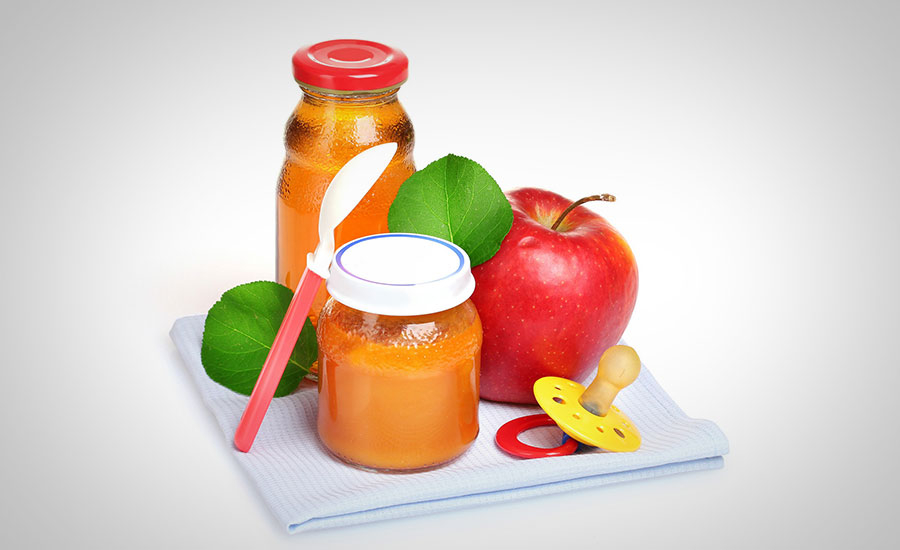5 Toxic Food you should not Feed your Pet
When your four-legged companion drools over the food you are having, you might get coaxed to let it taste little of your food. But pets cannot have everything that we people have. A Sydney pet boarding owner advises that sharing food with your fluffy minion may possibly seem harmless but apart from promoting bad begging habits and possibly even obesity, you might perhaps unintentionally be harming your companion. Let’s have an observant look at the foods that can be most detrimental to your pet.
1. Xylitol:
If we talk about both the organism’s humans and dogs, by the release of insulin from the pancreas, the level of blood sugar is controlled.
Mo Mulla, Founder of Parental Questions says “When xylitol gets into the blood, this process gets faster and results in an expeditious decrease in the level of sugar (hypoglycemia)”
Where is xylitol found?
Xylitol is an unnatural sweetener. Commercially found in candy and gum although it is naturally originated in fruits and vegetables. It can even cause liver failure in dogs.
2. Onions and Garlic:
Onions and Garlic Onions are common items in barbecues, utilized often on burgers, hewed up as a hot dog seasoning, grilled for an appetizer, and used as an additive in salads which is another toxic element for pets.
Where the toxicity lies?
Onions carry an element known as thiosulphate which is toxic to cats and dogs. The ingestion of onions, onion powder, or even grilled onion causes a disease termed hemolytic anemia, which is resulted in the loss of red blood cells. As a result, cells get unable to carry oxygen. Surprisingly toxicity lies in the Allium species of plants which includes garlic, onions, leeks, scallions, chives, and shallots. Even a lesser amount can result in toxicity to your dogs or cats.
Garlic is a basic component used in hamburger patties. It is examined to be around five times as vigorous as onions, producing oxidative destruction to the red blood cells as well as an uncertain condition of the stomach (e.g., nausea, vomiting, abdominal pain, and diarrhea). However, Onion and garlic poisoning may have a prolonged attack, and clinical symptoms may not be evident for several days. Therefore urgent veterinary aid will be required.
3. Caffeine:
Mark Kensington, Owner of Tastierr says “If your pet looks a little sluggish and you feel a mug of caffeine might help, then I must say you need to reconsider your thought. Humans are relatively stronger to exhibit the effects of caffeine than pets”
High consumption of alcohol could result in vomiting, diarrhea, wildly activeness, throbbing, grown thirst, and urination, Moreover, symptoms can exacerbate the condition and may lead to tremors, abnormal heart rhythms, and death of a pet.
Why is caffeine harmful to pets?
Caffeine is toxic to animals because of the presence of Methylxanthines. It is a chemical that is not obtained in coffee only, but also in tea, colas, and energy drinks.
4. Raw Meat, Fish and Bones:
Raw food diet including raw meat, raw fish, and raw eggs are being prepared properly by the guardian itself to feed his fluffy fellow, is one thing. However, your pet is rapt and grabs raw meat or fish which has not been processed well, is another.
Steve Sharon, Marketing Manager at Mealfan says “Raw food likely contain bacteria that can result in food poisoning for your pets. Keep raw meat and fish away from the approach of your little companion. It often contains bacteria that can be harmful to both pets and humans”
What bacteria does it contain?
It may include Clostridium perfringens, Salmonella and, other bacteria. Moreover, mostly poultry carries Campylobacter.
There are particular forms of fish like Trout, Sturgeon, Shad, or Salmon which may include parasitoids that may cause fish infection which if not treated can cause death within 2 weeks. The signs of illness include vomiting or fever or maybe perhaps big lymph nodes. Therefore, proper cooking of the fish kills the parasite.
Raw bones also can prove to be risky for tame animals, as they can suffocate them. And if the bone breaks, it can lead to hazardous injury of the digestive tract.
5. Alcohol:
“Under no circumstances should your pet be given any alcohol,” ASPCA states.
It’s usual for the pets to get attracted towards dropped cups of wine and beer, at the end of the party. Even a little consumption of alcohol can bring a serious drop in blood sugar or maybe in body temperature. Inebriated animals may face convulsions and respiratory collapse.
Marck Hawk, Owner of Animal Nerdz says “Alcohol is immediately ingested into the blood circulation and thus harms the pet vigorously. It destroys the liver and brain of an animal as much as it does to a human”
Yet more rapidly compared to a human being. Even a few drops of alcohol can cause vomiting, diarrhea, difficulty in breathing, and perhaps death.
Conclusion
It is not necessary if anything that you eat will equally be appropriate for your fluffy fellow. One needs to be vigilant before feeding his pet. Your pets may become troublesome at times while you are having your meal, we understand. Yet their safety can never be ignored. Excess consumption of anything may lead to abnormality in its health.

